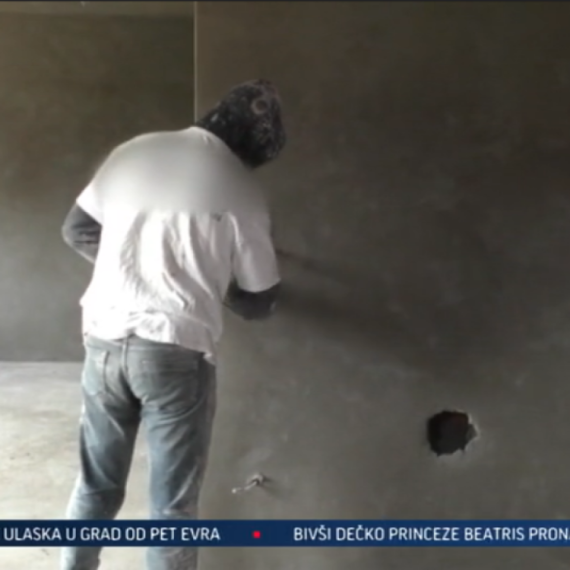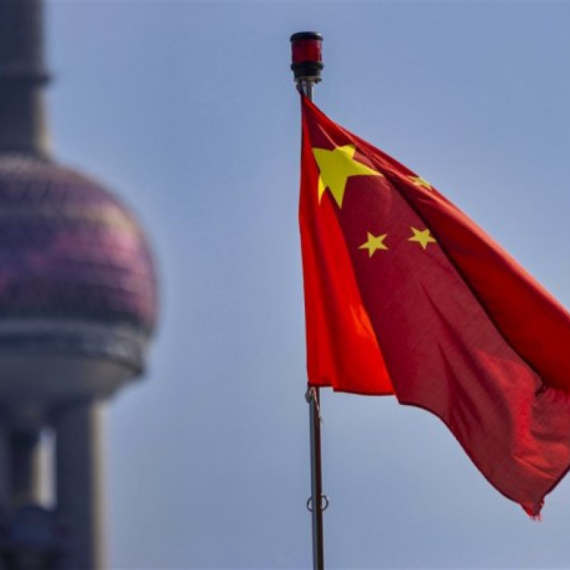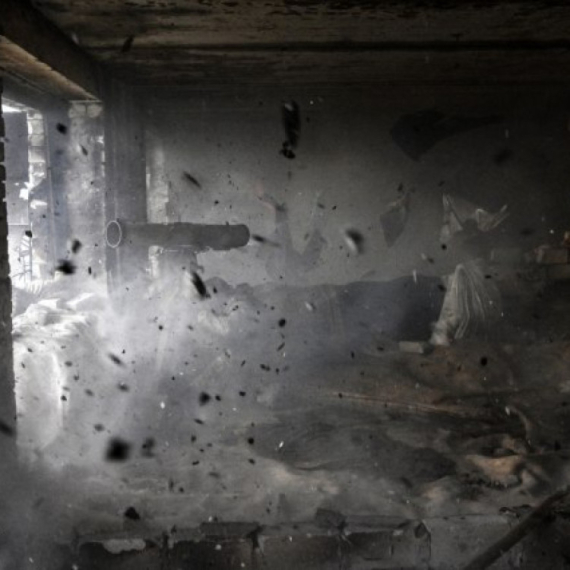Serbia submits Kosovo motion to ICJ
Serbia has this Friday submitted its Kosovo motion to The Hague-based International Court of Justice (ICJ).
Friday, 17.04.2009.
11:11

Serbia has this Friday submitted its Kosovo motion to The Hague-based International Court of Justice (ICJ). In over a thousand pages of legal arguments and documents, the state contests the legality of the Kosovo Albanian unilateral declaration of Kosovo's independence. Serbia submits Kosovo motion to ICJ The document has been officially delivered by chief legal representative Sasa Obradovic, who said Serbia's argument before the court will be that the proclamation is a legal rather than a political issue. The state insists that the unilateral decision, made by the temporary Kosovo institutions over a year ago, had violated international law, Obradovic added. At the same time, the Kosovo Albanian legal team will submit its files defending the proclamation. The submitting of written motions marks the end of the first phase of the process. Serbia expects that those countries which have not recognized the declaration will support its case at the ICJ. On Monday, the court will publish the list of all the countries that have decided to take part in the process by submitting written explanations. Unofficially, Serbia will be supported in this way by Russia, China, several Latin American countries, and those European states which have not recognized Kosovo. Arguments in favor of Serbia's position and against the province's independence could also come from some Islamic countries. The process of assessing the legality of Kosovo's unilateral declaration of independence was launched by the highest UN court at the order of the UN General Assembly and at Serbia's initiative. A resolution adopted by the General Assembly ordered the ICJ to provide an advisory opinion on whether the unilateral proclamation of independence of Kosovo in February 2008 was in line with international law. In the next stage, which will last until July 17 this year, all sides involved will have the right to provide the court with additional written arguments and comments on the written filings of other participants in the process, the sources said. ICJ judges will then review all the case documents and schedule a hearing, where the sides involved will exchange verbal arguments. The court will then hand down an advisory assessment of whether the declaration of independence was legal. The ICJ is not bound by any deadlines, and the judges usually take months to reach a decision.
Serbia submits Kosovo motion to ICJ
The document has been officially delivered by chief legal representative Saša Obradović, who said Serbia's argument before the court will be that the proclamation is a legal rather than a political issue.The state insists that the unilateral decision, made by the temporary Kosovo institutions over a year ago, had violated international law, Obradović added.
At the same time, the Kosovo Albanian legal team will submit its files defending the proclamation.
The submitting of written motions marks the end of the first phase of the process.
Serbia expects that those countries which have not recognized the declaration will support its case at the ICJ.
On Monday, the court will publish the list of all the countries that have decided to take part in the process by submitting written explanations.
Unofficially, Serbia will be supported in this way by Russia, China, several Latin American countries, and those European states which have not recognized Kosovo.
Arguments in favor of Serbia's position and against the province's independence could also come from some Islamic countries.
The process of assessing the legality of Kosovo's unilateral declaration of independence was launched by the highest UN court at the order of the UN General Assembly and at Serbia's initiative.
A resolution adopted by the General Assembly ordered the ICJ to provide an advisory opinion on whether the unilateral proclamation of independence of Kosovo in February 2008 was in line with international law.
In the next stage, which will last until July 17 this year, all sides involved will have the right to provide the court with additional written arguments and comments on the written filings of other participants in the process, the sources said.
ICJ judges will then review all the case documents and schedule a hearing, where the sides involved will exchange verbal arguments. The court will then hand down an advisory assessment of whether the declaration of independence was legal.
The ICJ is not bound by any deadlines, and the judges usually take months to reach a decision.


























































Komentari 7
Pogledaj komentare